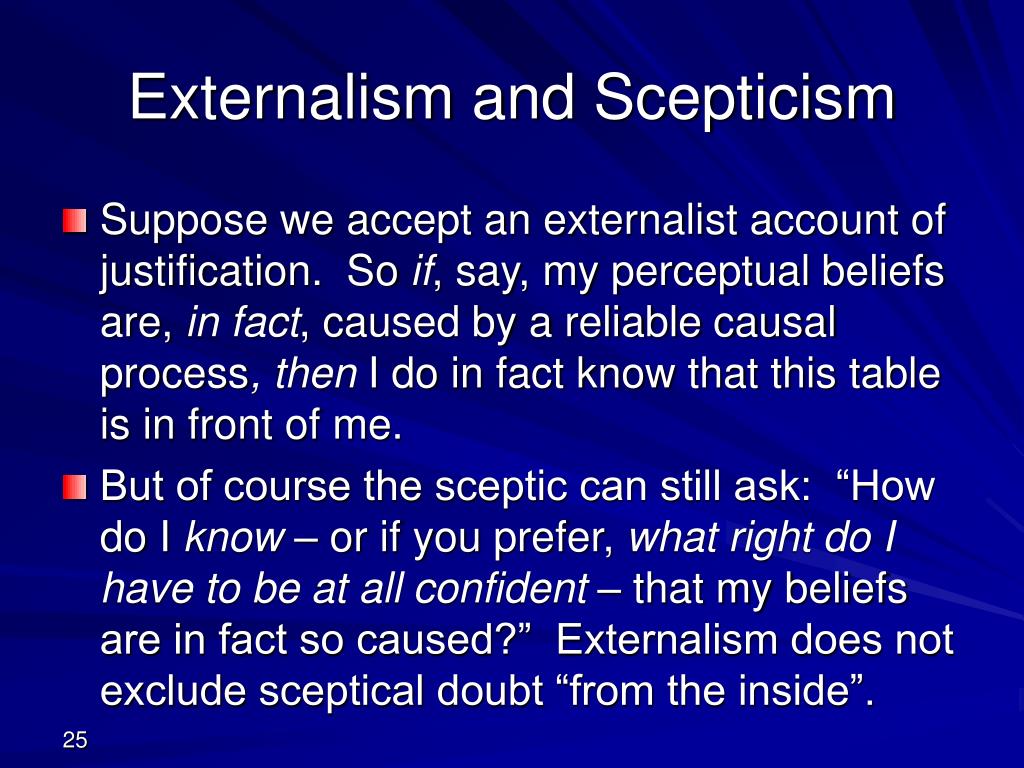The Dao De Jing, although it might seem cryptic at first, is not far removed in many of its messages from other philosophies of its time. The need to act according to nature, the understanding of virtue as a skill and the Daoist praise of humility are reminiscent of similar passages in the works of Stoics, Epicureans and Aristotelians. In this article, we walk quickly through the main themes of the Dao De Jing.
This article is part of a series on Daoism and Hermits.
If you like reading about philosophy, here’s a free, weekly newsletter with articles just like this one: Send it to me!
Today we want to talk a bit more about that short but seemingly immortal book, the Dao De Jing. Since it was first written, it seems that every society, every generation and every reader has been able to find something of great value in it, even if it seems impossible to agree on what exactly the valuable insights are. The Dao De Jing often seems rather like a funhouse mirror or a Pythian oracle, in which every visitor can find a distorted version of what they are looking for.
This is good for us, because it allows us to have fun creating our own exegesis, and to utilise its wisdom for our everyday lives in the 21st century: a purpose that surely the book’s author did not have in mind when he dictated its 81 paragraphs to the toll collector on that remote Chinese mountain pass over two millennia ago. If nobody really knows what the book’s point is, then our interpretation is as good as anyone else’s.
And so here we go.
The common wisdom of mankind
There’s a remarkable book by polymath, philosopher, celebrated writer and psychonaut Aldous Huxley (1894-1963), The Perennial Philosophy, in which he attempts to show that all the world’s religions have a lot more in common than their differences seem to suggest. I always found that project fascinating. All too often, we are blinded by the small differences between our creeds. Whether the Holy Spirit proceeds from the Father or the Father and the Son seems to be a somewhat minor point, but it has been behind a division of Europe into East and West that has lasted for 1000 years and has shaped the history of mankind up until the present. And this is not even mentioning the only slightly bigger differences between Christianity and Islam or Islam and Judaism, which have been motivating wars, terrorism and mass murders for centuries.
Aldous Huxley’s “The Perennial Philosophy” is a sweeping overview of the world’s religious mystical traditions, emphasising the ideas that are common to humanity’s approach to the divine. It is an easy-to-read and immensely fascinating book.
Amazon affiliate link. If you buy through this link, Daily Philosophy will get a small commission at no cost to you. Thanks!
In order to see how this could work, you just need to visit Malta. A little island-state south of Italy, Malta has always been fiercely Catholic, but its language, coming from Arab Sicily in the 1400s, is now an Arabic …
Read the full article which is published on Daily Philosophy (external link)









